Currents
The human, nature connection and the impact of consumer choice
The human-nature connection recognizes that we are an integral part of the natural world, and that our actions directly affect the environment. The organic movement highlights the importance of nurturing this relationship by encouraging us to make choices that reduce our environmental impact and foster harmony with nature. This includes opting for organic products, which are cultivated and processed more naturally, in ways that promote biodiversity, global social equity, and the overall health of the planet. By embracing organic practices, we can contribute to a more sustainable and balanced coexistence between humans and the environment.
Content
Meaningful Organic Farming Practices
By promoting sustainable and regenerative practices, organic farming improves the overall health of our planet and its inhabitants, promoting a healthy and thriving future.
Meaningful Organic Farming Practices
By promoting sustainable and regenerative practices, organic farming improves the overall health of our planet and its inhabitants, promoting a healthy and thriving future.

The Importance of Indigenous Knowledge in Organ...
Indigenous communities have long practiced sustainable agriculture, using methods that promote biodiversity, soil health, and harmony with nature. These traditional practices align with organic farming principles and offer valuable insights...
The Importance of Indigenous Knowledge in Organ...
Indigenous communities have long practiced sustainable agriculture, using methods that promote biodiversity, soil health, and harmony with nature. These traditional practices align with organic farming principles and offer valuable insights...
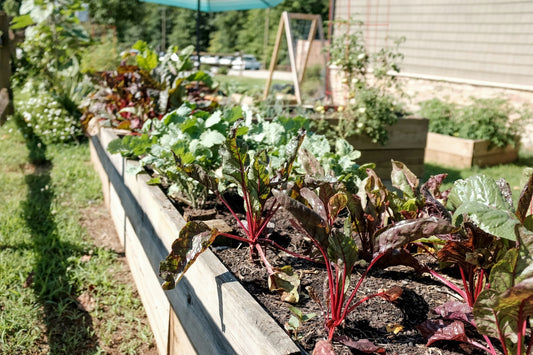
The Power of Organic Gardening: Growing a Resil...
Organic gardening encourages biodiversity and promotes soil health while providing fresh, pesticide-free produce at home. Simple techniques like composting, crop rotation, and natural pest control allow home gardeners to create...
The Power of Organic Gardening: Growing a Resil...
Organic gardening encourages biodiversity and promotes soil health while providing fresh, pesticide-free produce at home. Simple techniques like composting, crop rotation, and natural pest control allow home gardeners to create...

Carbon Sequestration in Organic Agriculture: A ...
Organic farming techniques like cover cropping and no-till farming help capture carbon from the atmosphere and store it in the soil, reducing greenhouse gases. These practices not only improve soil...
Carbon Sequestration in Organic Agriculture: A ...
Organic farming techniques like cover cropping and no-till farming help capture carbon from the atmosphere and store it in the soil, reducing greenhouse gases. These practices not only improve soil...

Water Conservation: Sustainable Practices for O...
Organic farms prioritize water conservation through techniques like drip irrigation and rainwater harvesting. These practices reduce water waste, protect vital resources, and make farming more resilient to droughts. By choosing...
Water Conservation: Sustainable Practices for O...
Organic farms prioritize water conservation through techniques like drip irrigation and rainwater harvesting. These practices reduce water waste, protect vital resources, and make farming more resilient to droughts. By choosing...
Organic Standards: Promoting Sustainability, Positive Ecological Impact and Social Responsibility
The Global Organic Textile Standard (GOTS) and certified organic latex standards promote ecology and social responsibility in the textile and latex industries through strict environmental and labor standards. Choosing products that meet these standards supports a more sustainable and responsible future.
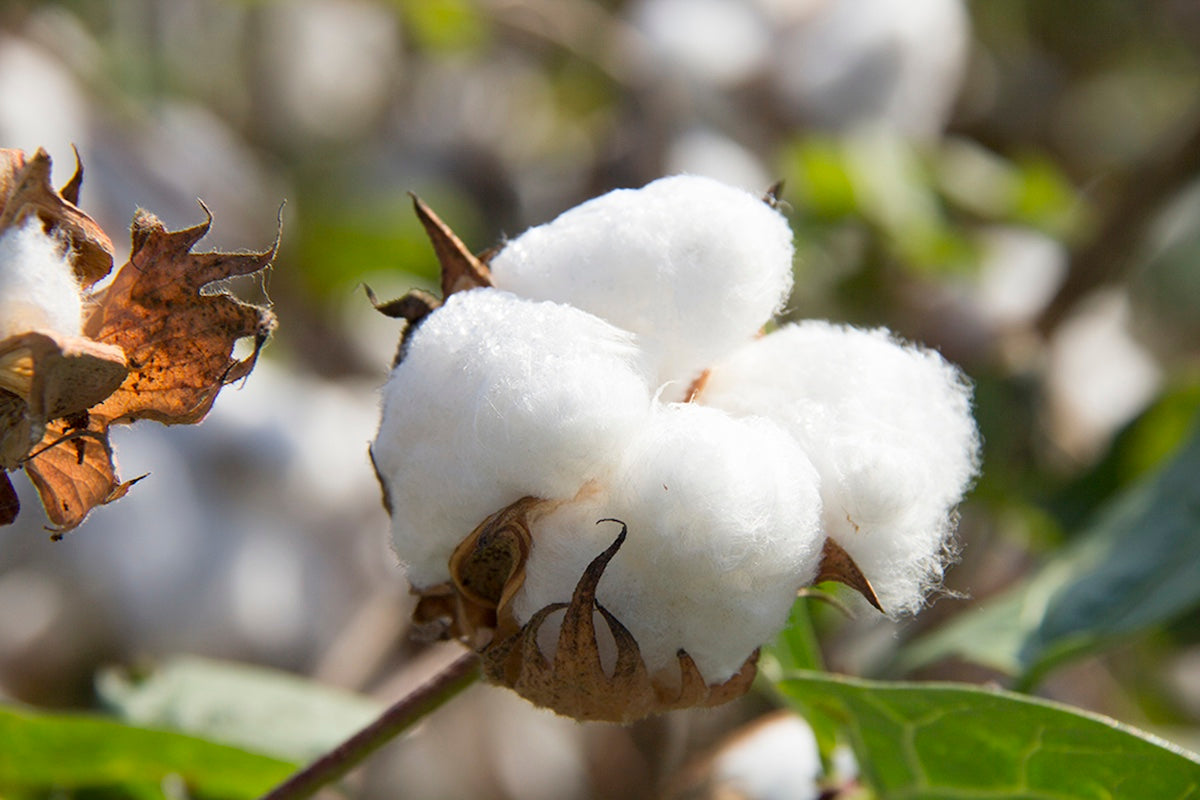
Global Organic Textile Standard
The Global Organic Textile Standard (GOTS) promotes ecology and social responsibility in the production of organic fibers and textiles by setting environmental and labor standards that must be met along the entire supply chain. This includes stringent requirements to restrict certain chemicals, preservation of biodiversity, and fair treatment of workers. The GOTS certification ensures that consumers can purchase organic textiles with confidence that they have been produced in a sustainable and responsible manner.
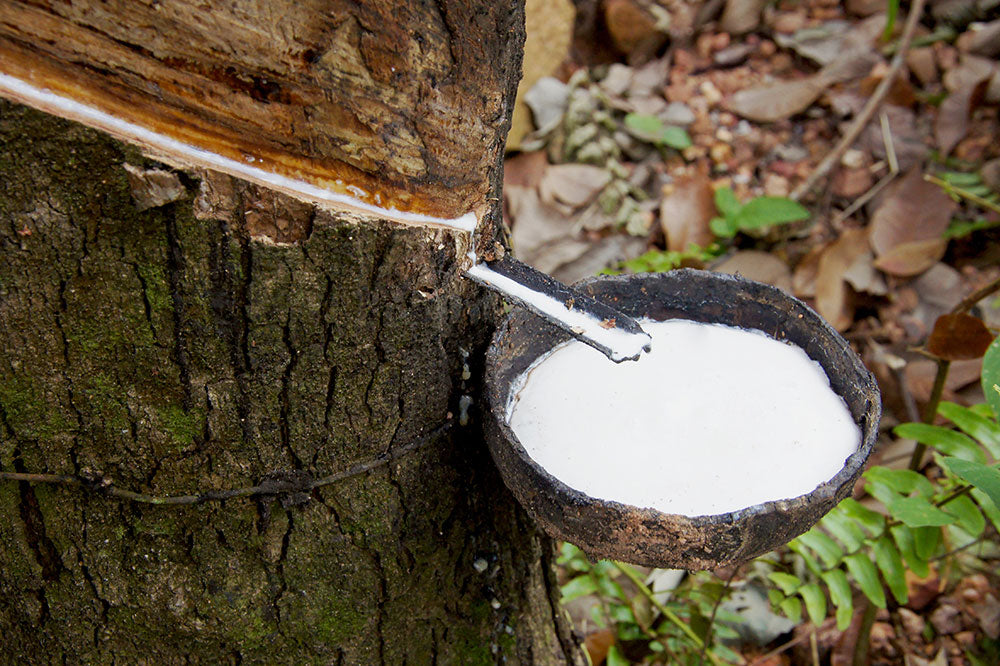
Certified Organic Latex Standards
Certified organic latex standards promote ecology and social responsibility in the production of organic latex by setting strict guidelines for the organic certification of latex products. These guidelines include requirements for sustainable and responsible farming practices, fair labor conditions, and reduced environmental impact.

